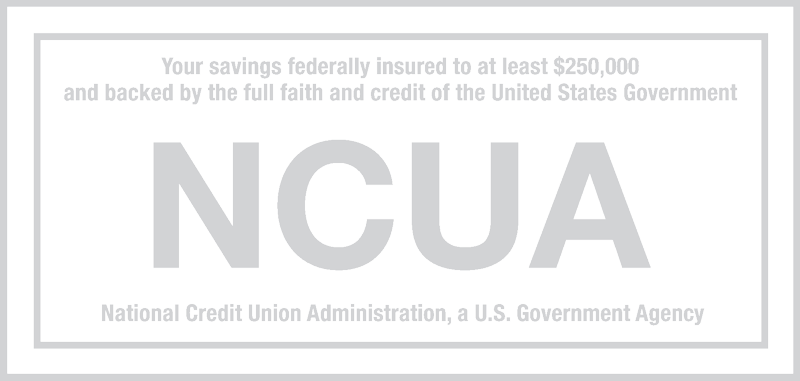Phishing is a scheme used by fraudsters, posing as a trusted financial institution, service providers, retailers, credit card companies, or even the IRS! They use unsolicited e-mails to trick individuals into divulging personal financial information.
How does it work?
Typically, you would receive an unsolicited e-mail or phone call appearing to be from a financial institution or a credit card company you recognize or are affiliated with asking you to verify personal information. To gain your trust, the e-mail will sometimes indicate that unauthorized activity has already taken place on your account or service interruptions could take place if you do not respond quickly. Usually the e-mail phishing scams will use the name and logo of a legitimate business.
Do not reply to any unsolicited e-mail message asking for personal or financial information. Never send personal information by e-mail. If you purchase items online look for indicators that the web site is secure, like the “https” in the URL or padlock icon. Always review your statements, to verify all transactions, and never give out your PIN number to anyone.
SaveSave
These fraudsters will obtain your personal information and drain your bank account, make fraudulent transactions, or take out loans in your name.
Do not reply to any unsolicited e-mail message asking for personal or financial information. Never send personal information by e-mail. If you purchase items online look for indicators that the web site is secure, like the “https” in the URL or padlock icon. Always review your statements, to verify all transactions, and never give out your PIN number to anyone.


Cottonwood Community Federal Credit Union
1606 Lewiston Street
PO Box 507
Cottonwood, ID 83522-0507
Phone: (208) 962-3451
Toll Free: (877) 920-0200
